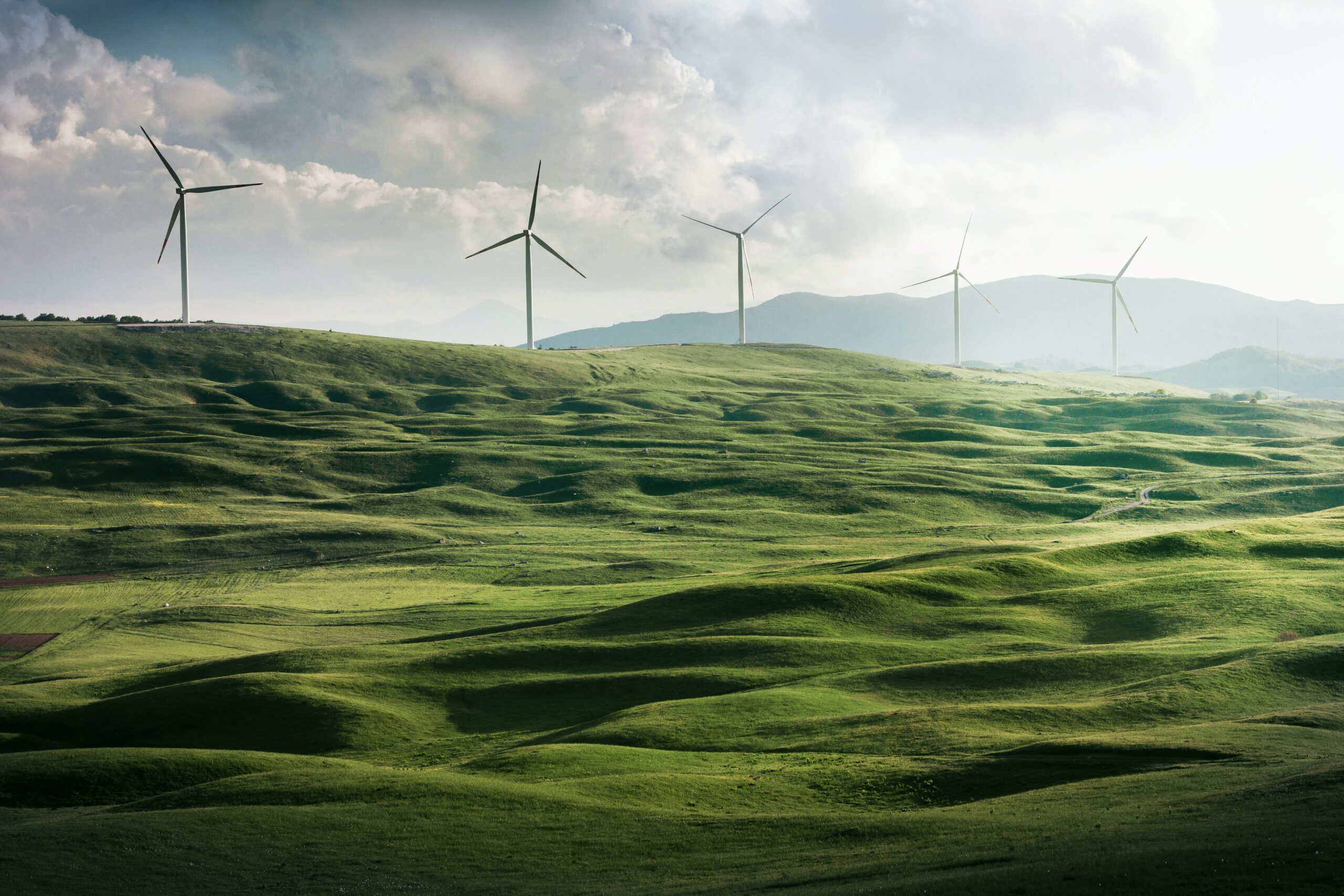Supporting progress toward net zero by tackling diversity in the green industry
Predictions suggest that the transition to net zero will generate thousands of new opportunities in the UK, but by 2030 only about a quarter could be taken by women. How can businesses support the closing of the green skills gender gap?
The energy transition has become a matter of when in the UK, which is making significant investments in reaching a low-carbon economy. One of the many benefits of this shift is the creation of thousands of jobs in industries ranging from forestry to finance. PwC has predicted that the energy industry will require approximately 250,000 new employees. New opportunities are appearing continuously, and while that rise is a promising boost for employment figures, there is a concern about evenly distributing jobs.
A significant growth area is likely to be in STEM and manual trades, sectors predominantly underrepresented by women and disadvantaged groups. At present, 16.5% of British engineers are women, the lowest ratio in Europe. According to the ONS, women represent around 2% of the construction industry, 27% of manufacturing and 26% of energy.
These patterns will likely continue even with the promise of new green industry jobs. Today, men hold over 80% of UK offshore wind industry positions and 83% within climate finance. A study by Viessmann suggested that under 4% of people trained by them for heat pumps in 2002 were female, while figures from LinkedIn show that over 60% of people transitioning into green jobs are men. As a consequence of these futures, Boston Consulting Group predicts that women will hold approximately a quarter of global green jobs by 2030.
Why does the green gender gap matter?
STEM and technical roles traditionally pay more than other opportunities. Nesta found that the pay gap for women in green jobs (20.9%) is over double that for women in ‘brown’ roles (9.9%) because they often tend to be in supportive or administrative positions.
Emily Jones, Deputy Director of the Learning and Work Institute (L&WI), explains that women are over-represented in jobs and industries that tend to pay less and lack the opportunities for pay or career progression. Jones believes this is an opportunity to tackle the gender pay gap.
Some industry experts believe the lack of female talent could hinder progress and development with net zero. Diversity has long stood as critical for innovation, which the energy transition greatly needs. The variation of approaches can create different solutions. The demand for new perspectives goes beyond gender, with race, class and disability all needing to play an important role too. When including the entire community as part of the system, the output will be completely different when you focus on one section of society.
A male-focused working culture
The energy and construction industries have traditionally been male-dominated. Today, the renewables industry is progressing with improving representation and working conditions. For example, Danish wind power business Ørsted claims that over 30% of places on its UK wind turbine apprenticeship have gone to women since 2017 and 24% of its leadership team are female. A recent study by POWERful Women, however, discovered that research suggests there continues to be a diversity and inclusion delivery gap. While many businesses have created inclusive policies, such as flexible working options, uptake remains relatively low. These factors can impact overall retention in the future green industry.
Many companies are taking action and have committed to gender-based targets. Despite the positive efforts, it could pose a challenge to attracting qualified applicants due to underrepresentation in many university courses associated with engineering and science and trade apprentices continuing to be dominated by men.
Zoe Arden, a fellow at the Cambridge Institute for Sustainability Leadership, believes there is a lack of information and expectation for women exploring technology careers. Arden believes there isn’t enough information surrounding the sector and actual work. Research supports this with a recent report by L&WI suggesting that young women were more likely to show interest in a green career but were more likely to say they didn’t recognise what green skills were.
Further efforts are needed to ensure employers expose young people to sustainable career options and relevant role models as soon as possible. Businesses should also highlight how they are supporting the energy transition. Emphasising the importance of technology and engineering in the green industry could be critical to encouraging more women to enter STEM.
For the latest Climate Finance Jobs, Climate Jobs, Energy Efficiency Jobs, Energy Jobs, Energy Saving Jobs, Forestry Jobs, Green Jobs, Heat Pump Jobs, Low Carbon Jobs, Net Zero Jobs, Offshore Jobs, Offshore Wind Farm Jobs, Offshore Wind Jobs, Offshore Wind Turbine Jobs, Renewable Energy Jobs, Renewable Jobs, Sustainability Jobs, Sustainable Jobs, Wind Energy Jobs, Wind Farm Jobs, Wind Jobs, Wind Turbine Jobs in the United Kingdom please visit – GreenJobs
For the latest Climate Finance Jobs, Climate Jobs, Energy Efficiency Jobs, Energy Jobs, Energy Saving Jobs, Forestry Jobs, Green Jobs, Heat Pump Jobs, Low Carbon Jobs, Net Zero Jobs, Offshore Jobs, Offshore Wind Farm Jobs, Offshore Wind Jobs, Offshore Wind Turbine Jobs, Renewable Energy Jobs, Renewable Jobs, Sustainability Jobs, Sustainable Jobs, Wind Energy Jobs, Wind Farm Jobs, Wind Jobs, Wind Turbine Jobs in Ireland please visit – GreenJobs Ireland
LOOKING TO HIRE TALENTED ENERGY TRANSITION PROFESSIONALS?
We Can Help You To Find The Right Candidate & Save You Money.
For more information please contact us at – info@greenjobs.co.uk – quoting the following promotional code – GREENFUTURE0512


